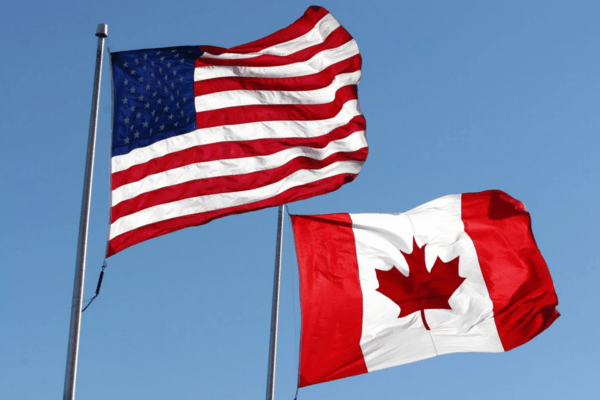Canada’s new finance minister, Dominic LeBlanc, and Foreign Affairs Minister Mélanie Joly are set to meet with U.S. president-elect Donald Trump’s aides in Florida on Friday to discuss the potential risks of new trade tariffs, according to the Canadian government. Trump has threatened to impose tariffs on Canadian imports once he assumes office in January, unless Canada takes action to reduce the flow of migrants and fentanyl into the U.S.
LeBlanc’s office issued a statement on Thursday, noting that the two ministers will emphasize the “negative impacts” that a 25 percent tariff on Canadian goods would have on both countries. The meeting will also address Canada’s efforts to combat drug trafficking and illegal migration, despite the fact that far fewer migrants and drug shipments cross from Canada into the U.S. compared to Mexico, which Trump has also targeted.
The meeting comes amid Trump’s continued public criticism of Canadian Prime Minister Justin Trudeau, whom he mocked on Christmas Day by referring to him as “Governor Justin Trudeau of Canada” and again suggesting that Canada could become the 51st U.S. state. Trudeau is facing growing pressure within his own party to resign, and in late November, he traveled to Florida to meet with Trump after the U.S. president-elect first threatened new tariffs on Canada.
A spokesperson for LeBlanc’s office stated that the ministers “look forward to building on the discussions that took place when the prime minister met with Trump at Mar-a-Lago last month, as well as the positive call the ministers held with Mr. Tom Homan earlier this month.” LeBlanc had previously announced plans to meet with Homan, Trump’s incoming “border czar,” after Christmas to discuss Canada’s border security strategy. Canada has allocated a billion-dollar plan to enhance border security, and LeBlanc expressed optimism about cooperation with U.S. officials, though he acknowledged there is still much work to be done. Trump has also criticized the U.S. trade deficit with Canada.
Kirsten Hillman, Canada’s ambassador to Washington, has stated that the U.S. had a $75 billion trade deficit with Canada last year. She pointed out that a third of what Canada exports to the U.S. is energy-related, and the trade deficit fluctuates with oil prices. The U.S. imports 60 percent of its crude oil and 85 percent of its electricity from Canada. On average, nearly $3.6 billion worth of goods and services cross the U.S.-Canada border each day, and Canada is the primary export destination for 36 U.S. states.
The contrast in migrant flows and drug seizures at the U.S.’s two land borders is stark. U.S. customs agents seized 19.5 kilograms (43 pounds) of fentanyl at the Canadian border during the last fiscal year, compared to 21,100 pounds seized at the Mexican border. Regarding immigration, U.S. Border Patrol reported 1.53 million migrant encounters at the U.S.-Mexico border between October 2023 and September 2024, while only 23,721 encounters were reported at the Canadian border during the same period.



